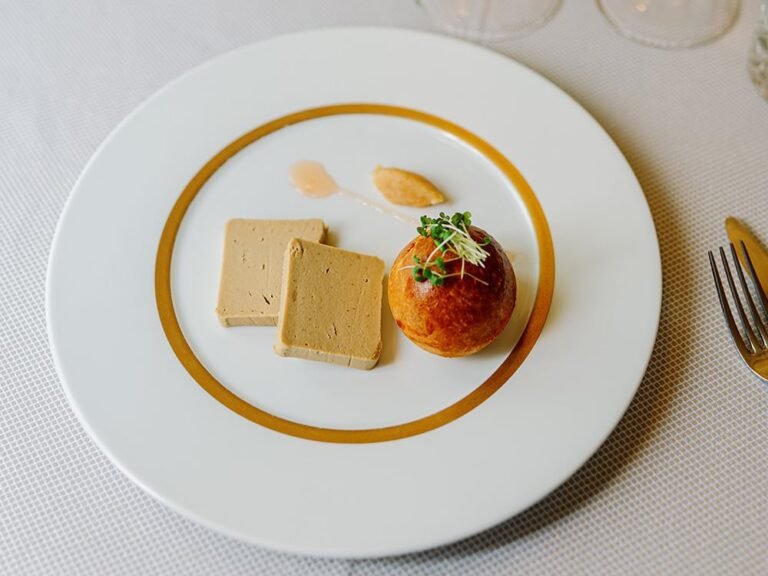humour vs humeur
Both “humour” and “humeur” are French nouns. But they mean different things.
“L’humour” (masculine) means “the humour” or “the comedy.” It corresponds fairly closely to the English word “humour” (or “humor,” in US English). In French culture, especially cultivated and sophisticated French culture, “wit” was seen as more important. The French idea of “wit” is expressed by the word “l’esprit.” “L’humour,” on the other hand, corresponds more to the British idea of humour or comedy.
L’humeur (feminine) means “the mood,” or “the temper.” It also has an archaic meaning that refers to the humours or temperaments that were believed to govern different types of individuals, namely the choleric, phlegmatic, sanguine and melancholic humours. Each temperament corresponded to a different type of fluid in the body – black bile (choleric), phlegm (phlegmatic), blood (sanguine) and yellow bile (melancholic).
The idea of the humours or temperaments dates back to ancient Greek and Roman medicine. This concept was still popular through the Middle Ages and then the Renaissance. Ostensibly rejected by modern medical science, the idea of the humours persists to this day. The Myers-Briggs Type Indicator (MBTI), regarded as advanced science by corporate HR departments (whose instinctive preferences range all the way from astrology to tarot), is in fact based on the four humours classification.
Etymology
“L’humour” (masculine), meaning “the humour,” is a word that was imported into French from English. As such, it is known as “un anglicisme,” or an anglicism. Its first recorded usage was towards the end of the 17th century. It was written as “humour,” “houmour” or sometimes even “humours.”
“L’humeur” (feminine), meaning “the mood,” comes from the Latin word “humor, humoris,” meaning “water,” “humidity” or “fluid.” In Old French, it was written as “l’humur” in the early 12th century.
Usage
l’humour (masculine)
- “avoir (le sens) de l’humour” (to have a sense of humour)
- “faire de l’humour” (to make jokes)
- “avec humour” (humorously)
l’humeur (feminine)
- “être de bonne humeur” (to be in a good mood)
- “ne pas être d’humeur à plaisanter” (to be in no mood for jokes)
- “être de mauvaise humeur” (to be in a bad mood)






